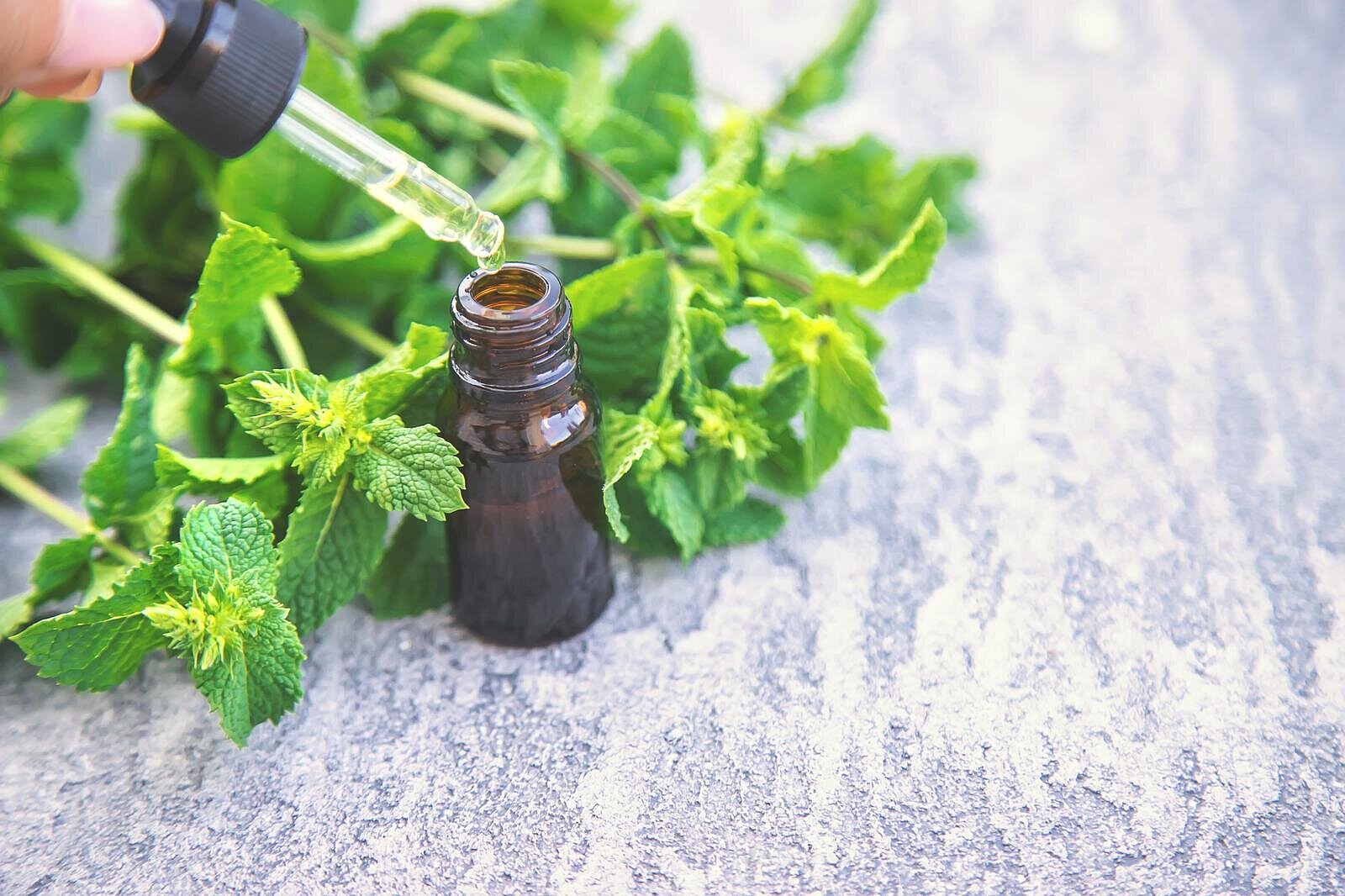Dichlorobenzyl alcohol

Dichlorobenzyl alcohol is a chemical found in many products that you can use for your dog. For example, it is contained in some throat lozenges, mouthwashes and toothpastes. But what is dichlorobenzyl alcohol and how does it affect your dog? In this article, you can find out more about this ingredient and its advantages and disadvantages.
What is dichlorobenzyl alcohol?
Dichlorobenzyl alcohol is an organic substance that belongs to the group of aromatic alcohols. It has an antiseptic effect, i.e. it kills bacteria and fungi or inhibits their growth. It is therefore often used as a preservative or disinfectant. Dichlorobenzyl alcohol has a characteristic odor that is reminiscent of chlorine.
How does dichlorobenzyl alcohol affect dogs?
Dichlorobenzyl alcohol can have both advantages and disadvantages for dogs. On the one hand, it can help prevent or treat infections in the mouth and throat. For example, it can relieve sore throats or gingivitis. It can also improve oral hygiene and reduce unpleasant bad breath.
On the other hand, dichlorobenzyl alcohol can also have side effects if it is used in too high a dose or too frequently. It can irritate the mucous membranes and cause dryness, burning or redness. It can also affect the taste buds and reduce appetite. If swallowed, it can cause gastrointestinal complaints or even poisoning. Symptoms of poisoning can include vomiting, diarrhea, cramps or shortness of breath.
How can you use dichlorobenzyl alcohol safely for your dog?
If you want to use products containing dichlorobenzyl alcohol for your dog, you should take a few precautions. Firstly, you should always follow the manufacturer's dosage and application instructions. Secondly, you should make sure that your dog does not swallow or lick the product. For example, if you give him a throat lozenge, you should wrap it in a piece of sausage or cheese and put it directly in his mouth. If you give him a mouthwash or toothpaste, you should apply it with a special toothbrush or finger ring and then offer him some water.
Dichlorobenzyl alcohol is an ingredient in many products for the mouth and throat. It has an antiseptic effect and can prevent or treat infections. However, it can also have side effects if used incorrectly or in excessive quantities.
If you notice any signs of hypersensitivity or poisoning in your dog, you should see your vet immediately. We are not a substitute for a vet, but we try to be as accurate as possible. Every dog reacts differently and we recommend you get a second opinion or consult your vet if in doubt.
Stay healthy and take good care of your four-legged friend!😊
Similar to Dichlorobenzyl alcohol
CPC is a quaternary ammonium compound that belongs to the cationic surfactants. This means that it has a positive charge and attaches itself to negatively charged surfaces. CPC has an antiseptic...
Benzalkonium chloride is not only an effective antiseptic, but also a powerful cytotoxin. If it gets onto the skin or mucous membranes of dogs, it can damage the tissue and cause inflammation. This...
Menthol can have a number of positive effects on dogs, especially those with colds or respiratory problems. Menthol can help to moisturize and soothe the nasal mucosa, loosen mucus and make...
Thymol is a natural organic compound found mainly in the essential oils of thyme (Thymus vulgaris) and some other plants. It is known for its strong, spicy scent and its antimicrobial, antifungal...



